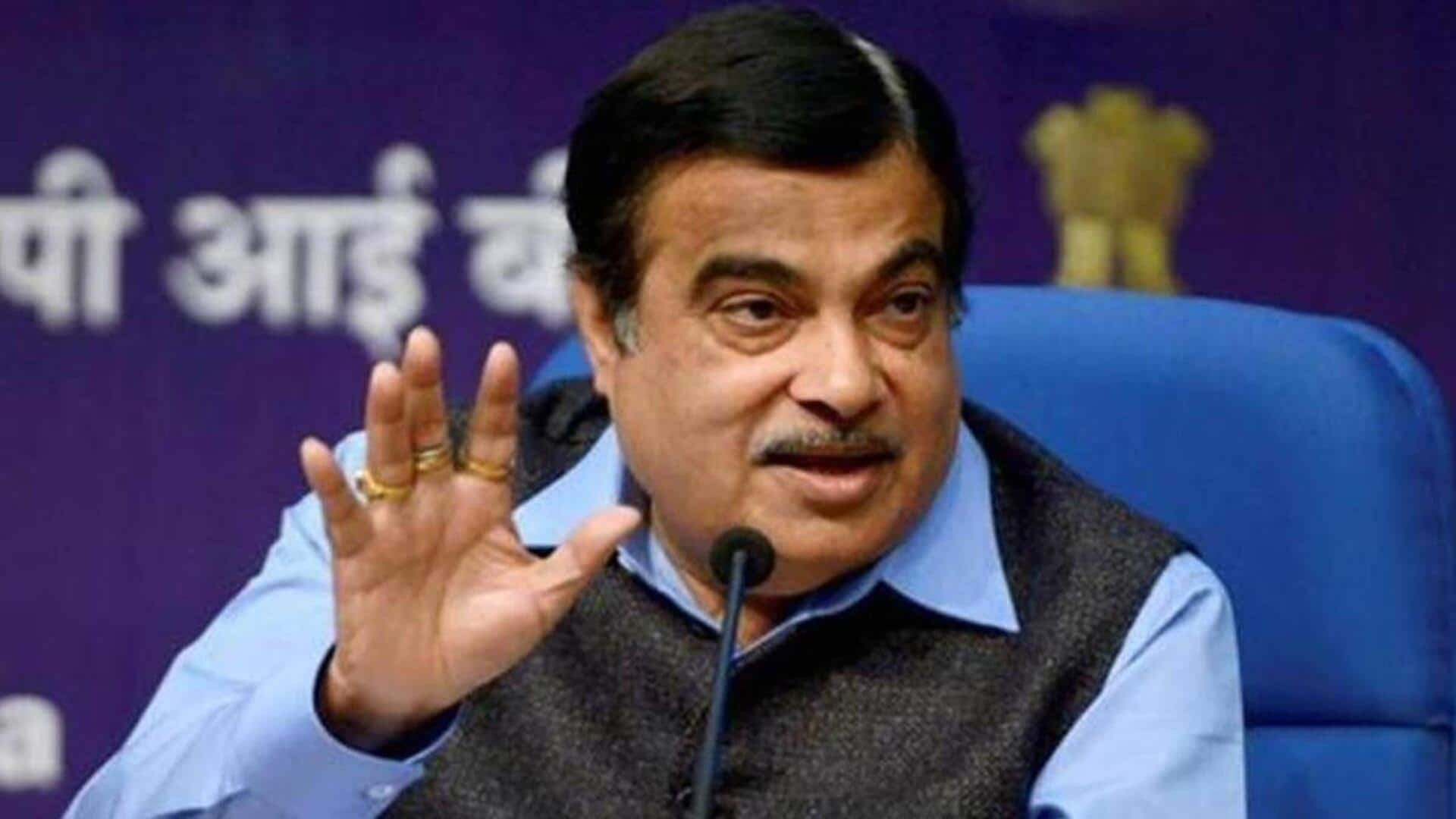
Nitin Gadkari dismisses claims that 20% ethanol blend harms engines
What's the story
Union Minister for Road Transport and Highways, Nitin Gadkari, has dismissed claims that blending 20% ethanol with petrol is harmful to engines. He said the allegations are "completely false" and are being spread by the "petroleum lobby." In an interview with Moneycontrol, Gadkari said trials on older cars have shown no issues with this blend.
Milestone
India achieved 20% ethanol blending in petrol
In July, India achieved its target of 20% ethanol blending in petrol, five years ahead of schedule. The move is part of the country's efforts to reduce emissions and cut down on fuel imports. However, some vehicle owners and experts have raised concerns over the impact of this blending program on vehicle performance and durability.
Fuel efficiency
Concerns over fuel efficiency and vehicle durability
Critics of the blending program argue that mixing ethanol with petrol reduces fuel efficiency, and its corrosive properties can damage fuel systems. There are also fears that this initiative could divert food crops from consumers to fuel. Ethanol in India is mostly produced from sugarcane molasses, a byproduct of sugar production. However, to meet blending targets, other sources such as maize, rice, and damaged food grains are being used.
Defense
Ethanol boosts rural economy, helps farmers: Gadkari
Gadkari defended the blending program, calling ethanol a "very good, clean fuel" that boosts the rural economy and helps farmers. He said it also reduces India's oil import bill. "Our policy is import substitution, pollution-free, and cost-effective. Shouldn't people improve their health?" he asked in the interview. The minister noted that corn production has increased significantly in Bihar and Uttar Pradesh, which aligns with the goals of the ethanol initiative.
Price increase
Benefits for maize farmers
Gadkari also highlighted the economic impact of ethanol blending on maize prices. He said the average price of maize has increased from ₹14,000-₹15,000 to ₹24,000-₹25,000 per ton in four years. In UP and Bihar alone, the price has jumped from ₹1,200 per quintal to ₹2,800. The minister said this initiative benefits 1.3 million farmers in Bihar who rely on maize for their livelihood.